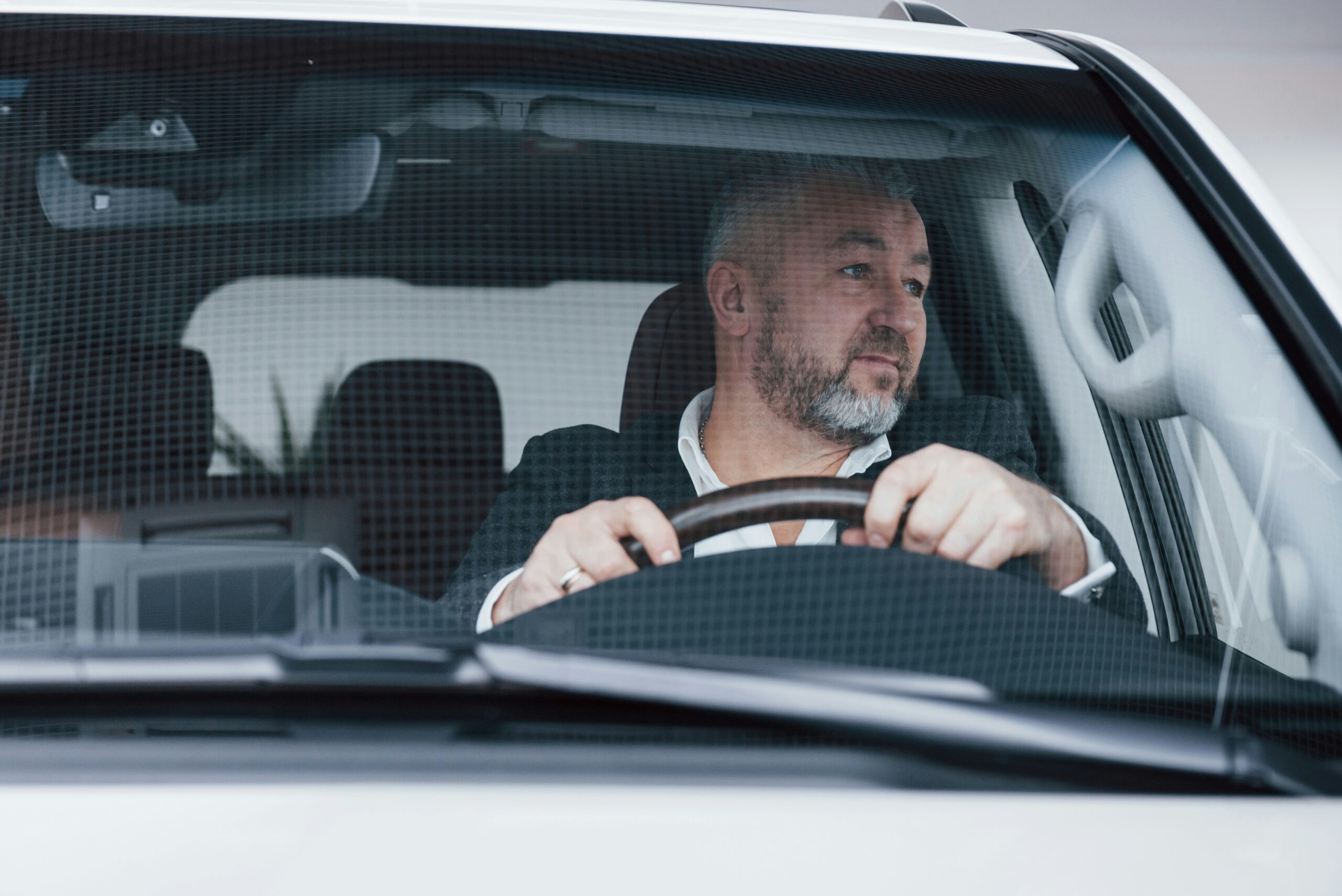DUI sobriety checkpoints are a common sight in California, where law enforcement agencies actively work to reduce the number of impaired drivers on the road. While these checkpoints are a popular tool for making arrests under Vehicle Code 23153 VC (driving under the influence), they are also a source of significant debate. The legality and proper conduct of these checkpoints raise important questions about constitutional rights and the balance between public safety and individual freedoms.
The Purpose and Controversy of DUI Sobriety Checkpoints
DUI sobriety checkpoints are designed to deter impaired driving and reduce the number of accidents and injuries caused by drunk drivers. By stopping vehicles at random, law enforcement can check drivers for indications of intoxication, such as slurred speech, the smell of alcohol, or visible drugs. However, these checkpoints are not without controversy.
In California, police officers are typically required to have probable cause before stopping a vehicle. This means that an officer must observe a violation of the law, such as swerving or running a red light, before pulling someone over. DUI checkpoints, nevertheless, allow police to stop drivers without specific cause, which has led to debates about whether these stops violate constitutional rights.
The Legal Framework: Constitutionality of Sobriety Checkpoints
The constitutionality of DUI sobriety checkpoints has been upheld by the California Supreme Court and the U.S. Supreme Court. These courts have determined that sobriety checkpoints are legal under the Fourth Amendment, which protects against unreasonable searches and seizures because they are considered “administrative inspections.” Similar to TSA screenings at airports or OSHA inspections at workplaces, DUI checkpoints are intended to promote public safety.
For DUI checkpoints to be considered constitutional, they must follow strict guidelines established by the courts. In California, these guidelines were outlined in the landmark case Ingersoll v. Palmer. The court determined that sobriety checkpoints are lawful as long as they adhere to specific procedures aimed at minimizing the impact on individual rights.
Guidelines for Proper Operation of Sobriety Checkpoints
For a DUI checkpoint to be legal in California, law enforcement must follow strict ground rules.
Supervision
A supervising officer must be present at all times and is responsible for all constitutional decisions made during the checkpoint.
Neutral Criteria for Stopping Vehicles
Officers must use a neutral formula, such as stopping every third or tenth vehicle, to avoid profiling and ensure fairness.
Location and Timing
The checkpoint must be located in an area with a high incidence of DUI arrests, and the time and duration of the checkpoint must be reasonable.
Safety Precautions
Officers must ensure that the checkpoint is safe for drivers and pedestrians, with clear signage and adequate lighting.
Minimal Detention
Drivers should only be detained for as long as necessary to determine if they are impaired. Unnecessary delays can render the checkpoint unconstitutional.
Advance Notification
The public must be informed about the checkpoint in advance, typically through media announcements, to reinforce the deterrent effect and maintain transparency.
By adhering to these rules, law enforcement can conduct DUI checkpoints that are effective in preventing drunk driving and respectful of individual rights.
What to Expect at a DUI Checkpoint

When approaching a DUI checkpoint, drivers can expect to be stopped briefly and asked to provide their driver’s license and vehicle registration. Officers may ask a few questions to assess whether the driver is under the influence. Signs that could prompt further investigation include the smell of alcohol, slurred speech, or visible drugs or alcohol in the vehicle.
If the officer suspects impairment, they may request the driver to perform field sobriety tests or take a preliminary breath test. It’s a must to note that while you are required to provide your license and registration, you are not obligated to answer questions that may incriminate you, such as whether you’ve been drinking or where you’re coming from.
Your Rights at a Sobriety Checkpoint
Drivers have specific rights when stopped at a DUI checkpoint.
Right to Avoid the Checkpoint
Drivers are legally allowed to avoid a checkpoint by turning around or taking another route, as long as they do so safely and without violating traffic laws. But, making an illegal U-turn or driving erratically to avoid a checkpoint could give police a reason to pull you over.
Right to Remain Silent
You have the right to remain silent and not answer any questions beyond providing your identification. This includes questions about where you’ve been or whether you’ve had anything to drink.
Right to Refuse Field Sobriety Tests
In California, you can refuse to take field sobriety tests without immediate penalty. Keep in mind, though, that refusing a breathalyzer test after being lawfully arrested can result in an automatic license suspension and other penalties.
It’s crucial to remain calm and polite during the encounter. Cooperating with basic requests, such as providing identification, can help avoid escalating the situation.
Defending Against DUI Charges from Sobriety Checkpoints
If you are arrested for DUI at a sobriety checkpoint, a criminal defense lawyer might use several defenses.
Improper Conduct of the Checkpoint
If the police did not follow the legal guidelines for operating the checkpoint, any evidence obtained may be inadmissible in court. This could result in the charges being reduced or dismissed.
Inadequate Basis for Further Testing
If the officer did not have reasonable suspicion to conduct field sobriety tests or a breathalyzer, this could be grounds for challenging the validity of the arrest.
Faulty Equipment or Testing Procedures
Errors in administering field sobriety tests or inaccuracies in breathalyzer equipment calibration can be used by a criminal lawyer to challenge the reliability of the evidence against you.
An experienced DUI defense attorney can review the details of your case to determine the most effective defense strategy.
At Lamano Law Office, we understand the complexities of DUI cases, especially those arising from sobriety checkpoints. Our experienced attorneys are committed to protecting your rights and ensuring you receive a fair trial. We will thoroughly examine the circumstances of your arrest, including whether the checkpoint was conducted legally, and build a strong defense on your behalf.
If you’ve been charged with a DUI at a sobriety checkpoint, don’t hesitate to contact Lamano Law Office for a consultation. We’re here to help you protect your rights. Remember, understanding your rights at a sobriety checkpoint and having a strong defense can make a significant difference in the outcome of your case. Let Lamano Law Office provide the expert guidance you need.

